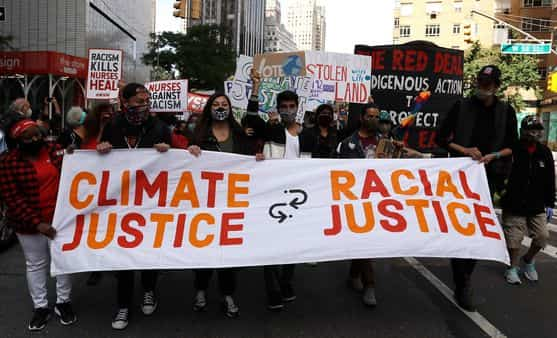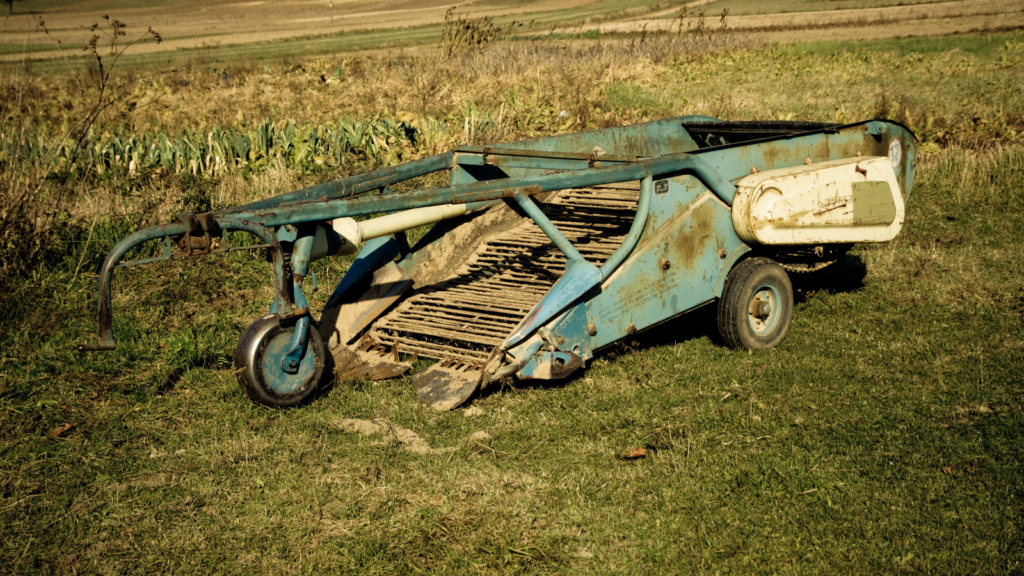Climate change and marginalised community are two interconnected issues that both are equally heartbreaking and empowering. There are two sides of the same coin.
While all of us agree that climate change is a universal issue that we must come together to fight, marginalised and oppressed community are the most effected. The marginalised communities are already vulnerable to human rights abuses – face the biggest challenges in adapting to climate change. The consequences of climate change for health, housing, livelihood and security will disproportionately impact individuals and communities living in already-fragile ecosystems or with tenuous land title, as well as indigenous communities, women, elderly individuals, those with disabilities and the poor.

Marginalised communities don’t get the media attention as much as other part of society. There are at least three main reasons climate change disproportionately effects marginalised communities :
(1). Inequality amplifies the likelihood of exposure for disadvantaged groups to climate disasters and climate hazards. Lower income individuals and groups normally live int he most vulnerable locations in a nation. They live in the more remote, isolated area with less developed infrastructure. Climate change has the potential to worsen their situation and thereby worsen pre-existent inequalities.
(2). Structural inequality decreases individuals and groups ability to cope, recover and rebuild their lives from the aforementioned damages. To start with, they are largely have less or limited access to resources. Access to shelter, food, water, and medical needs tend to be limited or not accessible without disposable income or other means (such as mode of transportation, citizenship). The loss of income out more burden on individuals who experienced a climate disaster and hazards.
(3). Many disadvantaged communities have bigger reliance on natural resources and engaged with agricultural activities, fish farming and live close to the natural environment and forests. When climate hazards and disasters ensues their loose their livelihood and sense of safety and are put further in risk of causes.
In conclusion, inequality is prevalent in every pore of the damages of climate change, and in global action we must also work to negate the poverty that has been created and continued by our changing planet. Including local diversity of interests among different marginal populations and their adaptive capacity is a step towards adaptation and vulnerability-related development strategy.
We are all connected. We have to act. Now.


